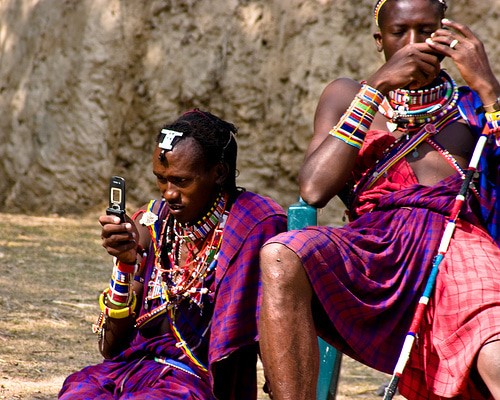
The globalized world is moving toward homogenization as the flow of people, goods, and information among various social and cultural groups accelerates. As a result, it is said that a "flattening" phenomenon is underway, where people everywhere in the world use the same products, do the same jobs, and have access to the same information. However, there are many traditional societies around the world that are engaged in hunting, farming, fishing, and other subsistence activities, rather than the industrialized societies of the so-called advanced nations. These traditional societies are being affected not only by the surrounding natural environment but also by the global political and economic system directly and indirectly to a large extent due to the rapid expansion of mutual influence among groups as a result of globalization in recent years, and the lives of groups in seemingly isolated environments are undergoing significant transformations.
In this class, we will first overview the phenomenon of globalization and analyze traditional societies affected by globalization. Then, we will discuss the problems associated with globalization (over-indebtedness of developing countries, conflicts, refugees, etc.) and the future of globalization, including infectious diseases and social divisions, and consider the future of globalization.
In this class, we will first overview the phenomenon of globalization and analyze traditional societies affected by globalization. Then, we will discuss the problems associated with globalization (over-indebtedness of developing countries, conflicts, refugees, etc.) and the future of globalization, including infectious diseases and social divisions, and consider the future of globalization.